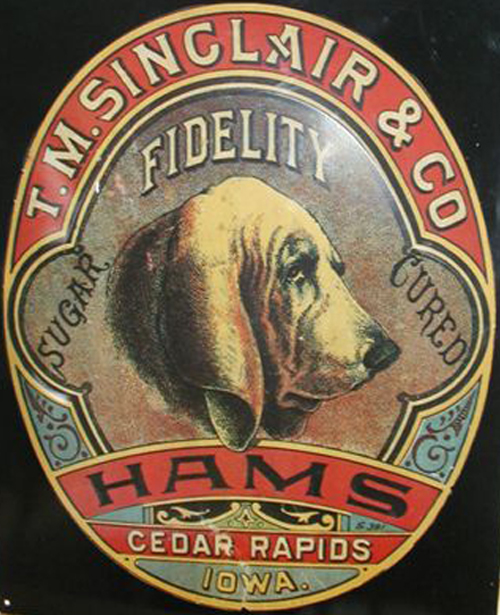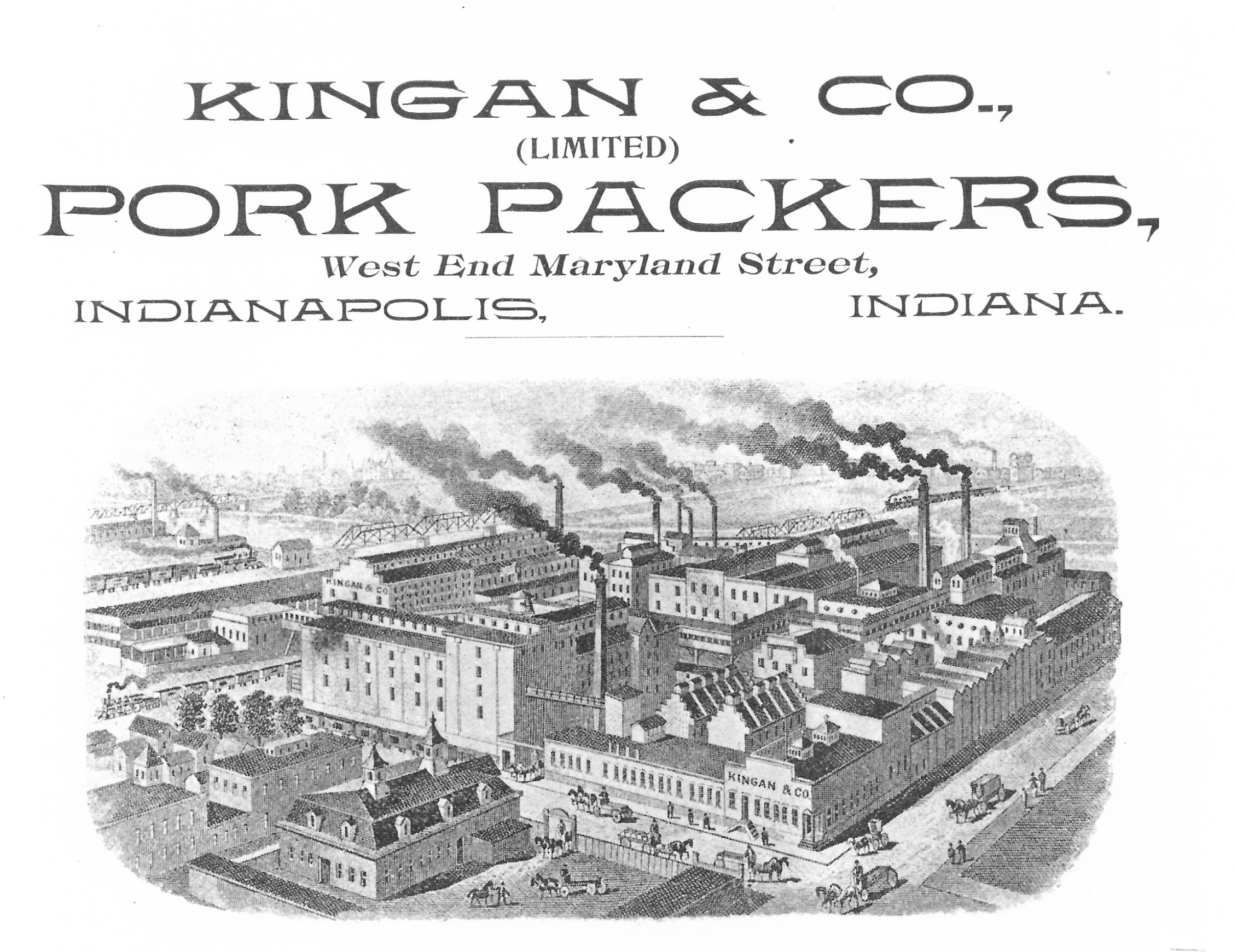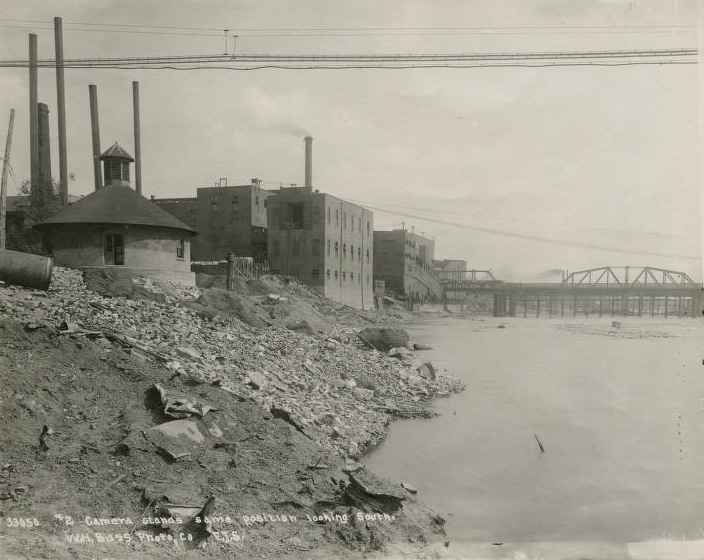J. & T. Sinclair
Messrs. J. & T. Sinclair was set up in Belfast by Thomas and John Sinclair of Hopefield House and traded as provender merchants from Tomb Street. They had their own fleet of merchant ships and were probably the largest shipowners in Belfast at that period.
They had a considerable fleet of vessels of all sizes and rigs and were engaged in world wide trading. The earliest of their vessels I can trace was the brig “Undine”, 216 tons, which was built at Bridport in 1838. This vessel was sold about ten years later to Shaw & Co., of Limerick.
Like David Grainger, Sinclair’s had a number of their vessels registered in Liverpool, and in later years the family transferred their business to that port and took up residence there.
Amongst the early ships owned by Sinclair’s were “Penn”, 699 tons, “Sovereign”, 461 tons, “Roscoe”, 795 tons, “Robina, 746 tons and “Eliza Pirrie”, 540 tons. These vessels sometimes took emigrants to Savannah, New orleans, and the West Indies, but more often to Aden, then over to Calcutta to load for Melbourne and from there back to the United Kingdom.In later years they built up a fine fleet of vessels of over 1000 tons register, the best known of which were “Inkerman”, 1307 tons, “Alma”, 1187 tons, “America”, 1473 tons, “Broughton Hall “, 1493 tons, “Black Eagle”, 1557 tons, “Slieve Donard”, 1495 tons, “Beann-Uamha”, 1179 tons, and “Connemara”, 1293 tons. “Beann-Uamha” which was built by Vernon of Liverpool was I think the last of the big ships to be registered in Belfast and was mainly employed in the Calcutta trade, and was to be seen regularly in Belfast until the end of the ‘seventies.“Alma” was an ill-fated ship and only lasted for five years. She was built at New Brunswick in 1854 and was employed on the Liverpool-Aden-Calcutta-Melbourne round. In 1859 when on passage from Calcutta to Mauritius she was wrecked, ten persons lost their lives, including the captain, his wife, and a lady passenger.“Connemara” was one of the last wooden ships to be built for the company and had the reputation of being a fast passage maker. She was built in New Brunswick in 1867 and unlike the majority of the fleet, spent most of her days in the North Atlantic trade. “America” came very close to disaster on her maiden voyage in 1853. After loading some 4,000 bales of cotton in new Orleans, a fire broke out in the cargo, and before it could be extinguished she was flooded to the ‘tween decks.
From Sailing Ships of Ireland by Ernest B. Anderson (Dublin 1951, reprinted Coleraine 1984), pp. 13-14.
The two brothers were involved in setting up a New York branch in 1862, but it was dissolved in 1866. Thomas McElderry Sinclair and John Sinclair continued trading in New York City as Sinclair & Co., and in 1871 moved to Cedar Rapids, Iowa, to set up a meat-packing business. By 1874, T. M. Sinclair & Co. was using ice refrigeration, making it a year-round business. Thomas died tragically in 1881 when he fell down an elevator shaft, and his brother-in-law, Charles B. Soutter, assumed control. In 1930, the family finally withdrew from the business and it was continued by Wilson & Co., who dropped the Sinclair brand name in 1935.
Meanwhile, Caroline Soutter Sinclair, Thomas’ widow, had purchased about 10 acres of land next to her brother’s home in 1884, where she had built a grand and imposing Queen Anne style mansion for her family of six children. The estate was renamed Brucemore in 1906, and was given by its last owner to the National Trust for Historic Preservation in 1981 so that it could be opened to the public.



